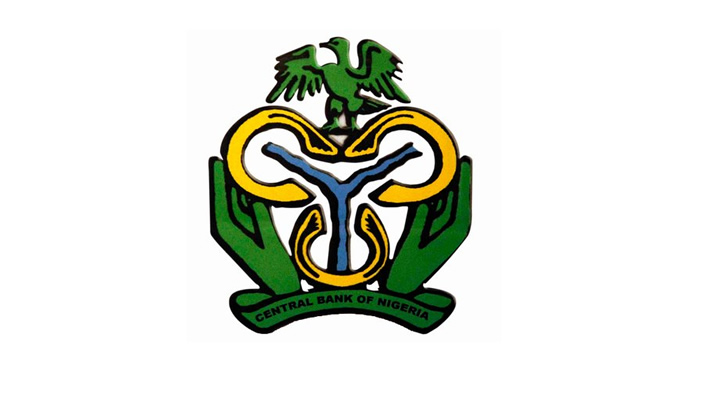By Atoyebi Nike
With less than 300 days remaining before the Central Bank of Nigeria’s (CBN) deadline for commercial banks to meet new capital requirements, Nigeria’s financial sector is undergoing a dramatic transformation. The directive, which mandates a significant increase in capital thresholds, is shaping up to be the most far-reaching reform in the industry in over a decade.
Banks are now confronting a moment of reckoning—either scale up quickly or risk losing relevance in an increasingly competitive financial system. The new capital structure, introduced in 2024, demands that banks with international authorization hold a minimum capital of N500 billion. National banks are required to maintain at least N200 billion, while regional players must now have N50 billion.
This has triggered a series of strategic moves across the sector, from public offerings and rights issues to mergers and acquisitions.
Major Players Surge Ahead
Several top-tier banks have made considerable progress. Zenith Bank, for example, raised N290 billion through a dual offering that was oversubscribed by 160%, bringing its total capital to over N614 billion. Access Bank also crossed the finish line by securing N351 billion via a rights issue, comfortably placing it above the required threshold.
GTBank is executing its own two-phase capital strategy. It has so far secured over N209 billion from the initial tranche of its planned N400.5 billion capital programme. UBA followed a similar route, pulling in N251 billion through a rights issue and raising its capital to N355.2 billion. Though it still faces a shortfall of about N145 billion, the bank is optimistic about reaching the target before the March 2026 deadline.
Strategic Mergers and Tier 2 Momentum
Providus Bank, a growing tech-focused lender, recently acquired Unity Bank and is currently awaiting regulatory clearance to proceed with the second phase of its capital consolidation. Fidelity Bank, on its part, has taken multiple steps—raising over N127 billion and receiving approval for a private placement worth N232 billion. Combined with earlier rounds, this puts its current capital at N305.56 billion, with plans in place to reach N500 billion.
Stanbic IBTC Holdings has secured N148.7 billion from a private placement and is awaiting the results of a public offer to push its capital further. Sterling Financial Holdings is also advancing steadily with N67.5 billion raised from a 103% subscribed rights issue, aiming for a post-capitalization total of N262.26 billion.
FCMB is working to close a gap of roughly N374 billion. It has already pulled in N147.5 billion from a private placement and N110.9 billion from a rights issue, raising its capital to N266.23 billion as it continues its drive toward compliance.
National and Regional Lenders Take Action
Wema Bank, with a national banking license, has just wrapped up a N150 billion rights issue. An additional N50 billion private placement, already approved by shareholders, is expected to lift its capital to around N267 billion. FBN Holdings, the parent company of First Bank, concluded a rights issue of N187.6 billion and is now preparing to launch a N350 billion private placement. If successful, this would boost its capital to over N600 billion.
Among newer and smaller financial institutions, Premium Trust Bank has raised N177 billion, fully addressing its capital gap. Jaiz Bank, Nigeria’s pioneer Islamic bank, is also actively working toward full compliance with the new requirements.
Regulatory Clarity and Industry Outlook
According to the CBN’s Deputy Governor in charge of Financial System Stability, Philip Ikeazor, a number of banks have already met the required capital levels, while others are pursuing multi-phase plans. He noted that the recapitalization policy is flexible, allowing banks to downgrade their license category if needed.
“This reform gives room for banks to adapt without being forced out of operation,” he said, suggesting that some institutions might choose to convert to regional licenses to remain compliant.
Dr. Tony Okpanachi, CEO of the Development Bank of Nigeria, urged lenders to direct their stronger balance sheets toward investments that stimulate broader economic activity, particularly MSME financing. He emphasized that stronger capital bases should lead to developmental impact, not just profit.
Ayokunle Olubunmi, head of financial institutions ratings at Agusto & Co., remarked that the bulk of the N2.5 trillion already raised has come from shareholder-driven rights issues—a strong indication of investor confidence. He added that the recapitalization wave adds financial resilience and will improve banks’ capacity to manage external shocks.
Ejovi Okiekpakpo, a capital markets specialist at PAC Capital, reinforced that sentiment, describing the exercise as a timely intervention that positions Nigerian banks to support larger transactions and foster economic development.
As the deadline draws nearer, the pressure is mounting. But for those that adapt and meet the benchmark, the future could hold significant opportunities in a fast-evolving, capital-intensive financial environment.


